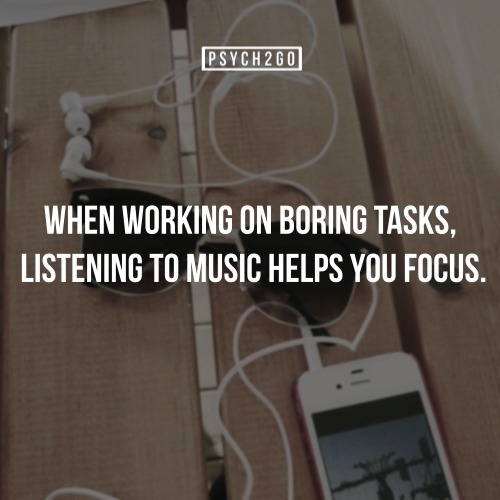Ever wonder why some people are so drawn to cyberspace by maintaining a blog while others don’t understand the appeal of it? While social media is considered the one-size-fits-all corner of the internet, blogging, on the other hand, has become a dedicated art and crafted by very interesting individuals. Blogs have even been utilised in the education system, engaging students with various assignments. As you can imagine, there are a great host of reasons as to why people blog. Whether you started a blog for cathartic, self reflections or to demonstrate to the world that you have something to show them, research has found that your personality has a say in your blogging habits.
The NEO Personality Inventory developed by Costa and McCrae measures five basic personality traits known as the ‘The Big Five personality factors’ i.e. neuroticism, extraversion, openness to experience, agreeableness and conscientiousness and studies have linked these five personality factors with blogging.
According to a study conducted by Guadagno, Okdie and Eno (2013), those who are high in openness to new experience as well as in neuroticism are more likely to become bloggers. This makes sense as those who are high in openness are characterised as imaginative, artistically talented and possess a wide range of interests. Blogs can be a convenient and simple outlet for their self expression. Those who rank high in neuroticism may, however, blog for different reasons. Characterised by feelings of anxiety, tension and nervousness, they could be blogging to branch out and form social connections with fellow bloggers in order to combat feelings of loneliness.
Also, in the case of the relationship between neuroticism and blogging it was found that gender is a moderating factor for women, with those higher in neuroticism more likely to blog than women lower in this personality factor yet for men there was no difference in this regard. This highlights the gender differences in personality and its impact on this form of online behaviour.
Gill, Nowson and Oberlander (2009) found that bloggers who are highly extraverted tend to use their blogs to engage directly with readers, just as they would with people in real life, as well as document their lives. They vent both negative and positive emotions. However, highly agreeable individuals focus on expressing positive emotions while highly neurotic bloggers mostly dwell on negative ones. Highly open bloggers blog about leisure activities while highly conscientious bloggers tend to report more on their daily life and work.
Not only do your personality factors predict the maintenance and content of your blog, they also play a role in how much you enjoy blogging. Agreeableness and extraversion have been positively associated with levels of perceived enjoyment in blogging while conscientiousness has a negative impact on the very same. Factors like neuroticism and openness to experience proved to be insignificant (Wang, Lin & Lian, 2010).
So, it looks like your personality manifests and transforms your blogging space to tailor its needs and mirror itself instead of morphing into an unknown person to display an online facade. Fascinating, isn’t it?
If you’re interested in reading the full studies, check them out here:
Investigating the Individual Difference Antecedents of Perceived Enjoyment in the Acceptance of Blogging
What are they blogging about?Personality, Topic and Motivation in Blogs
Who Blogs? Personality Predictors of Blogging











